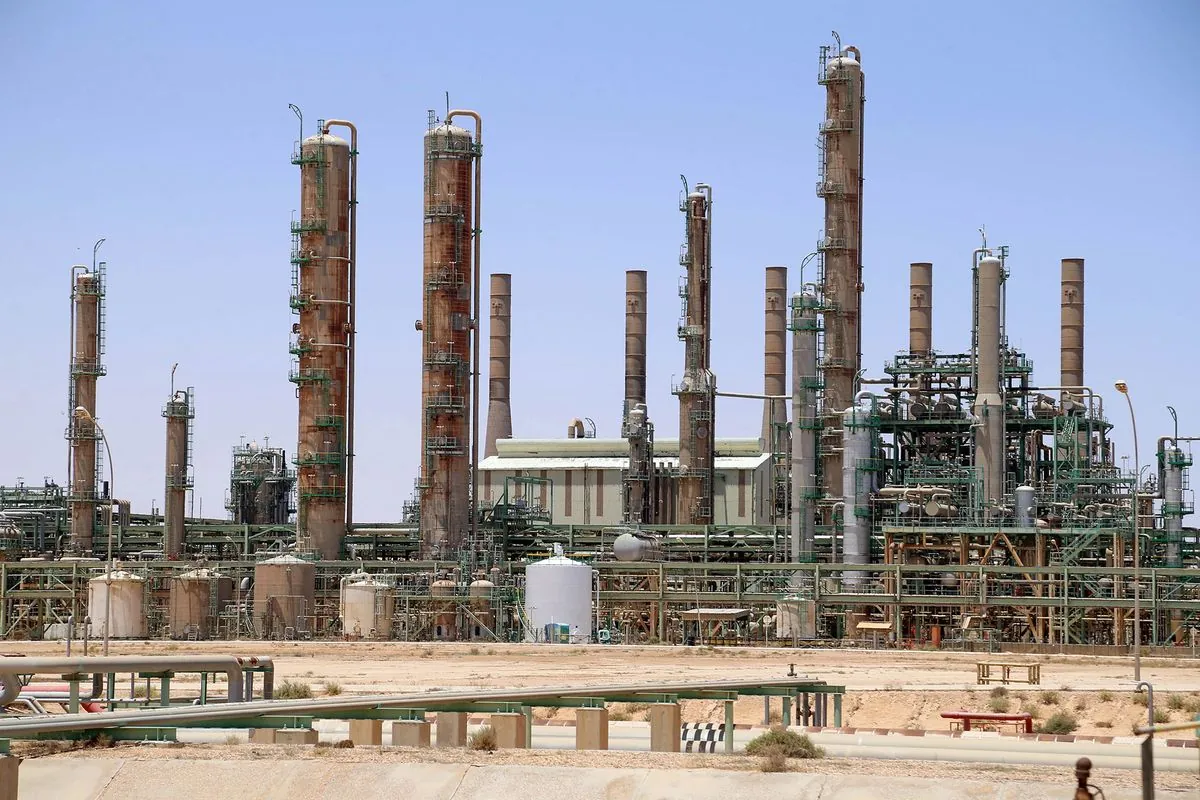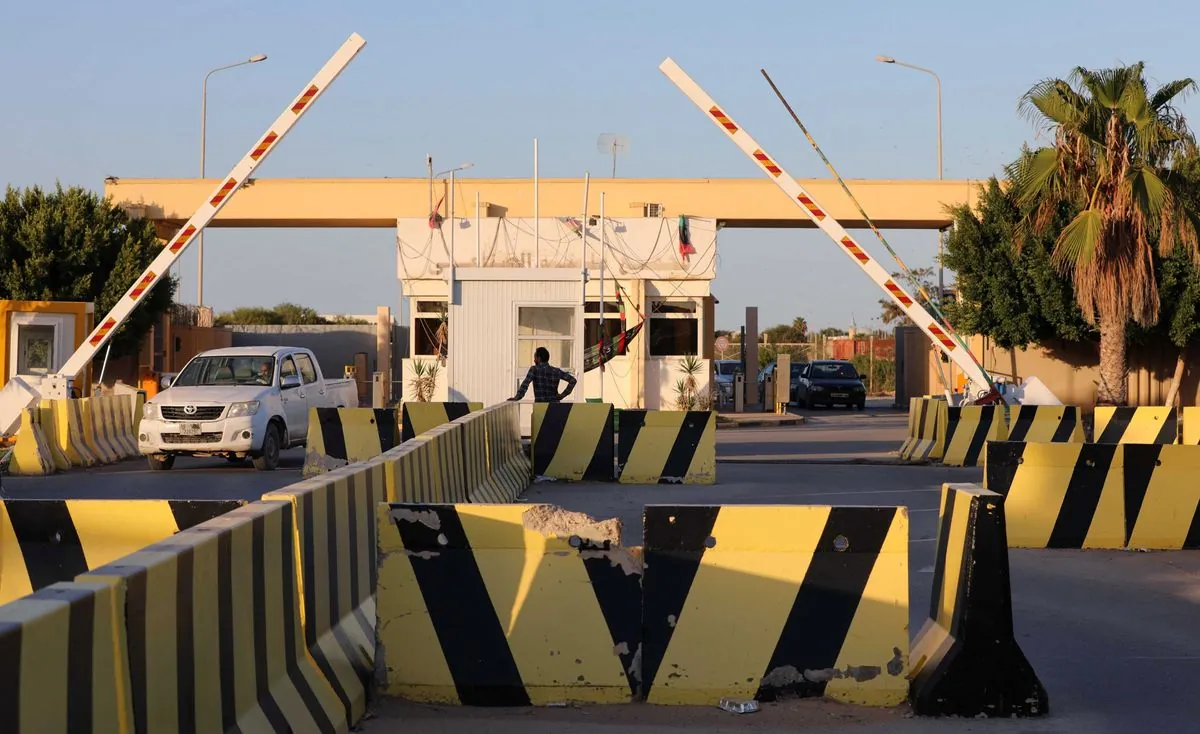Libya's Oil Shutdown Sparks Global Price Surge Amid Political Turmoil
Libya's latest oil blockade, rooted in a power struggle over the central bank, has pushed up global energy prices. The crisis highlights the ongoing political instability since Gaddafi's fall in 2011.

Libya's recent oil production halt has led to a surge in global energy prices, highlighting the country's ongoing political instability. This situation stems from the aftermath of the 2011 NATO-backed uprising that ousted Muammar Gaddafi, plunging the nation into chaos.
Since that pivotal event 13 years ago, control over Libya's vast oil wealth has become the primary objective for various political factions and armed groups. Libya, with the largest proven oil reserves in Africa, has seen its oil industry, which accounts for about 95% of export earnings, repeatedly disrupted by blockades and shutdowns.
The current crisis centers on a power struggle over the Central Bank of Libya (CBL). Eastern factions, including the House of Representatives (HoR) led by speaker Aguila Saleh and the Libyan National Army (LNA) under commander Khalifa Haftar, oppose efforts to remove CBL governor Sadiq al-Kabir.

Last week, Saleh warned of an oil shutdown if Kabir was deposed. Subsequently, protest groups in oil-rich regions, often associated with eastern authorities, occupied energy fields and halted production. The HoR then declared that Libya could neither produce nor export oil due to these protests.
This latest blockade occurs against the backdrop of Libya's complex political landscape. The country has been divided between eastern and western factions since 2014, with multiple attempts at reunification failing. A ceasefire in 2020 and plans for elections in December 2021 under the interim Government of National Unity led by Abdulhamid al-Dbeibah ultimately fell through.
The eastern factions' primary demand is straightforward: reinstate Kabir as CBL governor. This stance reflects the ongoing tussle for control over Libya's energy revenues, which are crucial for a country where the oil sector dominates the economy.
"The move to replace [Kabir] is illegal."
The duration of this oil blockade remains uncertain. While smaller, localized shutdowns have been resolved within days, larger blockades tied to major political disputes have lasted months. The longest recent blockade occurred in 2020 when Haftar halted nearly all production for eight months.
Libya's political landscape is further complicated by its unique geography and history. The country, with a population of about 7 million, has a Mediterranean coastline of nearly 1,800 kilometers and is predominantly covered by the Sahara Desert. Its rich cultural heritage includes ancient Greek and Roman ruins, such as those at Leptis Magna.
As the crisis unfolds, the international community watches closely. Libya's strategic importance extends beyond its oil reserves; it was the first country to have a majority of its population on Facebook, highlighting its potential for rapid social and political change.
The ongoing dispute threatens not only global oil prices but also Libya's internal stability. If the central bank's functions are compromised, Libyans across the country may soon feel the economic impact, as the CBL is responsible for paying state salaries nationwide.
With no clear resolution in sight and international diplomatic efforts stalled, the situation remains precarious. The risk of armed conflict looms, potentially exacerbating the already complex political and economic landscape of this North African nation.


































